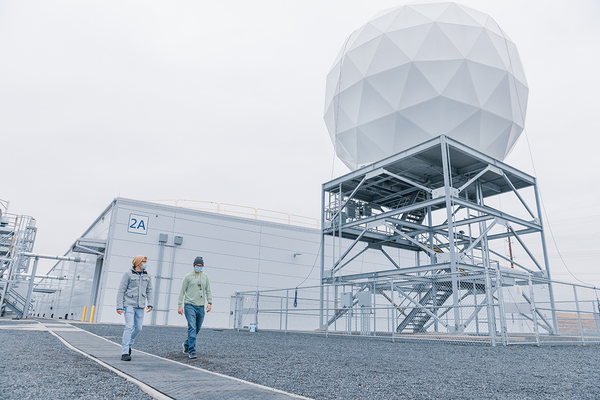Compliance in a Post-Pandemic World

Introduction
The COVID-19 pandemic has profoundly impacted various aspects of life, including the world of compliance. Compliance officers have had to adapt quickly from the sudden shift to remote work to new health and safety regulations. This article explores how the pandemic has permanently altered the compliance landscape, with a focus on remote work, health and safety, and data privacy.
Remote Work and Compliance
The Sudden Shift
The pandemic forced many organizations to transition to remote work almost overnight, posing new compliance challenges.
Data Security
Remote work environments are often less secure than office settings, increasing the risk of data breaches and non-compliance with regulations like GDPR.
Monitoring Challenges
Ensuring that remote employees adhere to compliance policies is more challenging when they are not physically present in the office.
Health and Safety Regulations
New Guidelines
The pandemic has led to new health and safety guidelines affecting compliance, such as social distancing and sanitation protocols.
Occupational Safety
Compliance officers now need to consider Occupational Safety and Health Administration (OSHA) guidelines related to COVID-19.
Legal Implications
Failure to adhere to new health and safety regulations can result in legal repercussions, including fines and lawsuits.
Data Privacy Concerns
Contact Tracing Apps
The use of contact tracing apps has raised new data privacy concerns, requiring compliance with data protection laws.

Health Data
The collection and storage of health data for employees returning to work present another layer of compliance complexity.
Adapting to the New Normal
Flexible Policies
Compliance policies need to be flexible to adapt to the changing landscape, including potential future pandemics or similar crises.
Technology Utilization
Leveraging technology can help in monitoring compliance in remote work settings and ensuring data privacy.
Employee Training
Continuous training programs can help employees understand new compliance requirements, especially those related to health and safety.
Conclusion
The COVID-19 pandemic has permanently changed the compliance landscape, introducing new challenges and complexities. Organizations must adapt their compliance strategies to navigate this new normal effectively. By focusing on the key areas of remote work, health and safety, and data privacy, companies can mitigate risks and ensure ongoing compliance.






